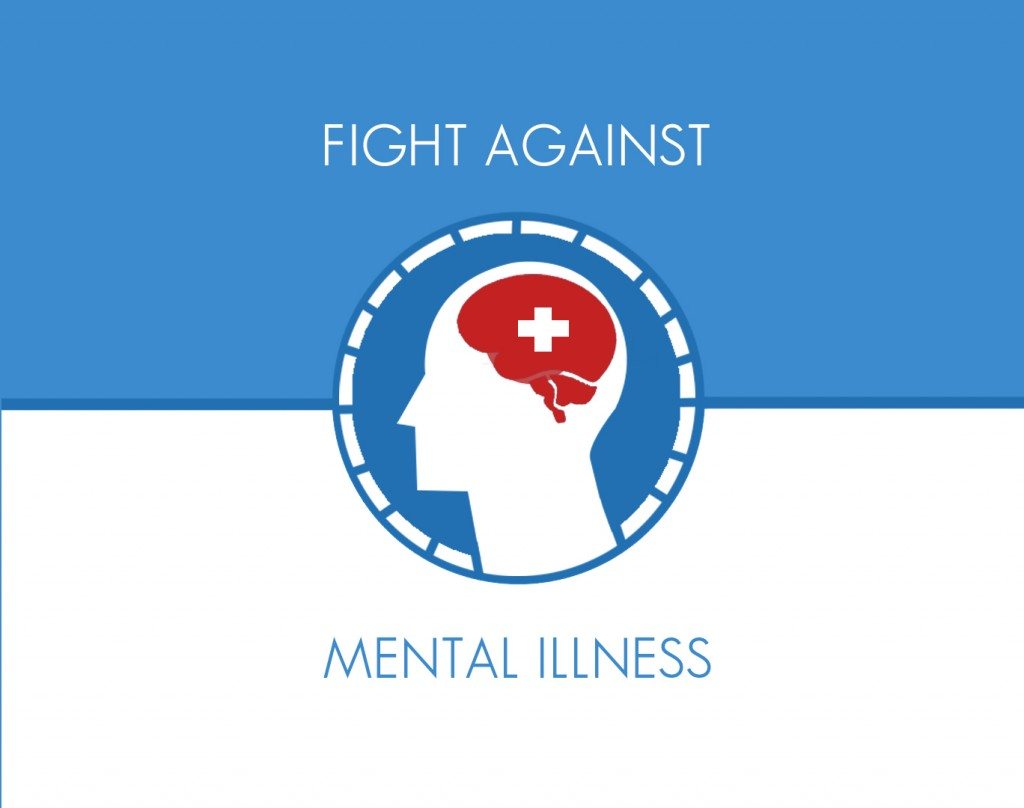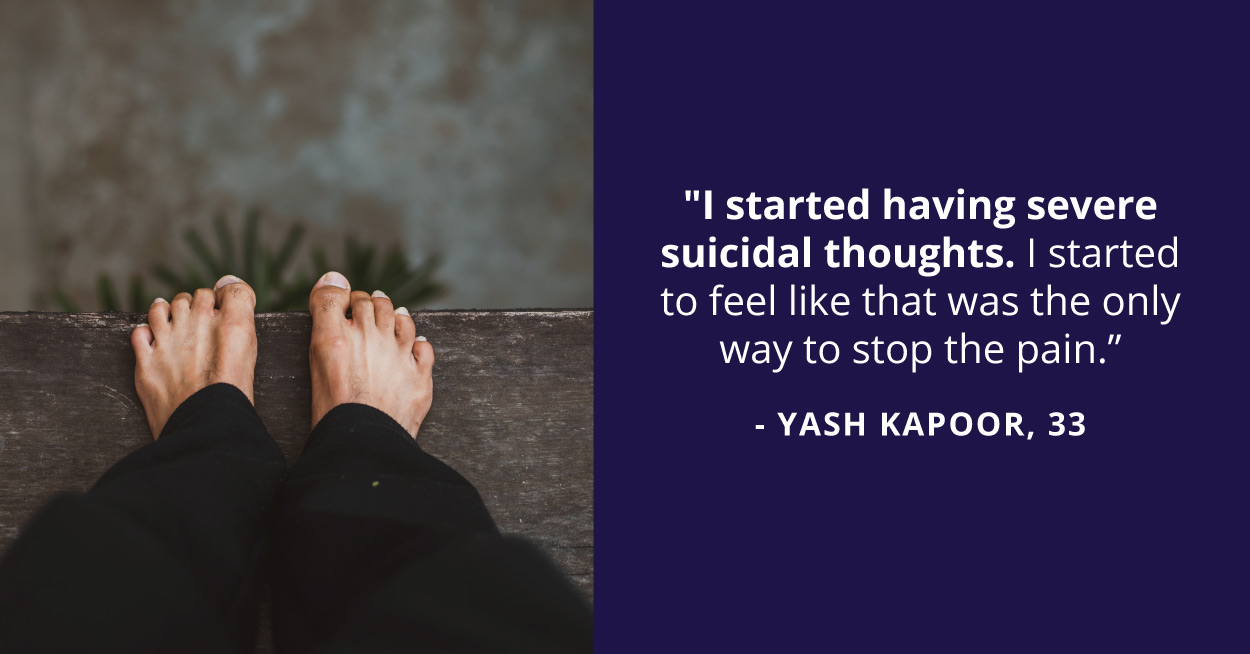Finding it hard to fall asleep at night? Or sleeping too much even during the day? These can be due to sleep disorders. Although lack or excess of sleep does not always indicate of one having a sleep disorder, a proper diagnosis is necessary. According to American Psychiatric Association sleep disorders are not only very common but can create severe health issues. They are disturbed patterns of normal sleep that causes distress thus hindering the normal daily functioning.
Few of the common sleeping disorders are mentioned below. Although this is not diagnostic tools but just to provide a general understanding:
- Insomnia: The inability to fall asleep during the night is referred as Insomnia. It is one of the most common disorders that people face which prevents them from getting the adequate amount of sleep needed to feel fresh in the morning. Although an independent disorder, insomnia can be a symptom for other disorder as well, such as stress, anxiety, depression.
Few symptoms of insomnia include waking up between the sleep, feeling exhausted after getting up, difficulty in falling asleep, feeling exhausted and tired during the day, irritation and lack of focus.
- Narcolepsy: It is a sleeping disorder characterized by excessive sleeping during the day, chronic and neurological in nature. People suffering from this disorder experiences ‘sleep attack’ where one falls asleep doing any activity example talking, at work or even driving. These ‘sleep attacks’ are not in the control of the individual. In this, people do not follow the normal sleep cycle of going from light to deep sleep and then REM (rapid eye movement) sleep which is the dreaming stage, instead they directly fall into the REM sleep.
This sleep spell is cause by a strange fatigue that the individual experiences and hence he falls asleep. Irrespective of feeling fresh people with narcolepsy may still fall into deep sleep after sometime. Not much is known about the cause of this disorder but it is said to be an abnormal gene disorder that signals the brain to sleep at inappropriate times.
- Snoring : Although an everyday affair, snoring can also be a disorder. Occasionally snoring is not a problem but excessive, everyday snoring not only affects the people around but also has health impacts like strain on the heart, lack of oxygen in the blood, fatigue, light sleep and may also decrease the quality of sleep.
Snoring happens due to the lack of proper air circulation in the nose and throat during sleep creating vibration in the tissues with in turn causes snoring. Our diet, body weight, age, nasal and sinus problem along with the intake of alcohol and other substances can contribute to snoring.
- Sleep Apnea: This is again related to the breathing difficulties during sleep and can lead to snoring. In sleep apnea the breathing abruptly stops in the middle creating disturbance in the sleep. This is a bit more complex than normal snoring and can even be life threatening. Although there can be chances that the individual does not remember of these awakenings in the morning but feeling of fatigue and mental exhaustion during the day can be a sign.
- Restless Leg syndrome: RLS is a genetic sleep disorder mostly seen in elderly individuals that is characterized by tingling sensation in the legs making them want to constantly move them. This is a strange pinning sensation which gets worsen when body is at rest. People with this disorder experience jerking sensations in the body that occurs every 30-40 seconds. The uncomfortable sensation is momentorarily satisfied with the movement through massage or shifting position. Although there is no set cause for this disorder but genes are said to have a major role to play.
- Sleep Bruxism: It is also known as nocturnal tooth grinding with basically is referred to clenching and grinding of teeth during sleep. The main root cause of bruxism is said to be associated with excessive stress and anxiety which is manifested as sleep bruxism. Although it is not very harmful but excess of grinding can lead to jaw pain, headaches, dental issues, damaged teeth, facial pain, poor sleep and in turn unhealthy life. Normally people with this disorder are not aware of this phenomenon but can be diagnosed with the side effects. A way to cope with it could be by coping with the stress one is going through.
These are few commonly encountered sleep related disorders that affect us and can be brought under check with a change in ones sleep hygiene.



